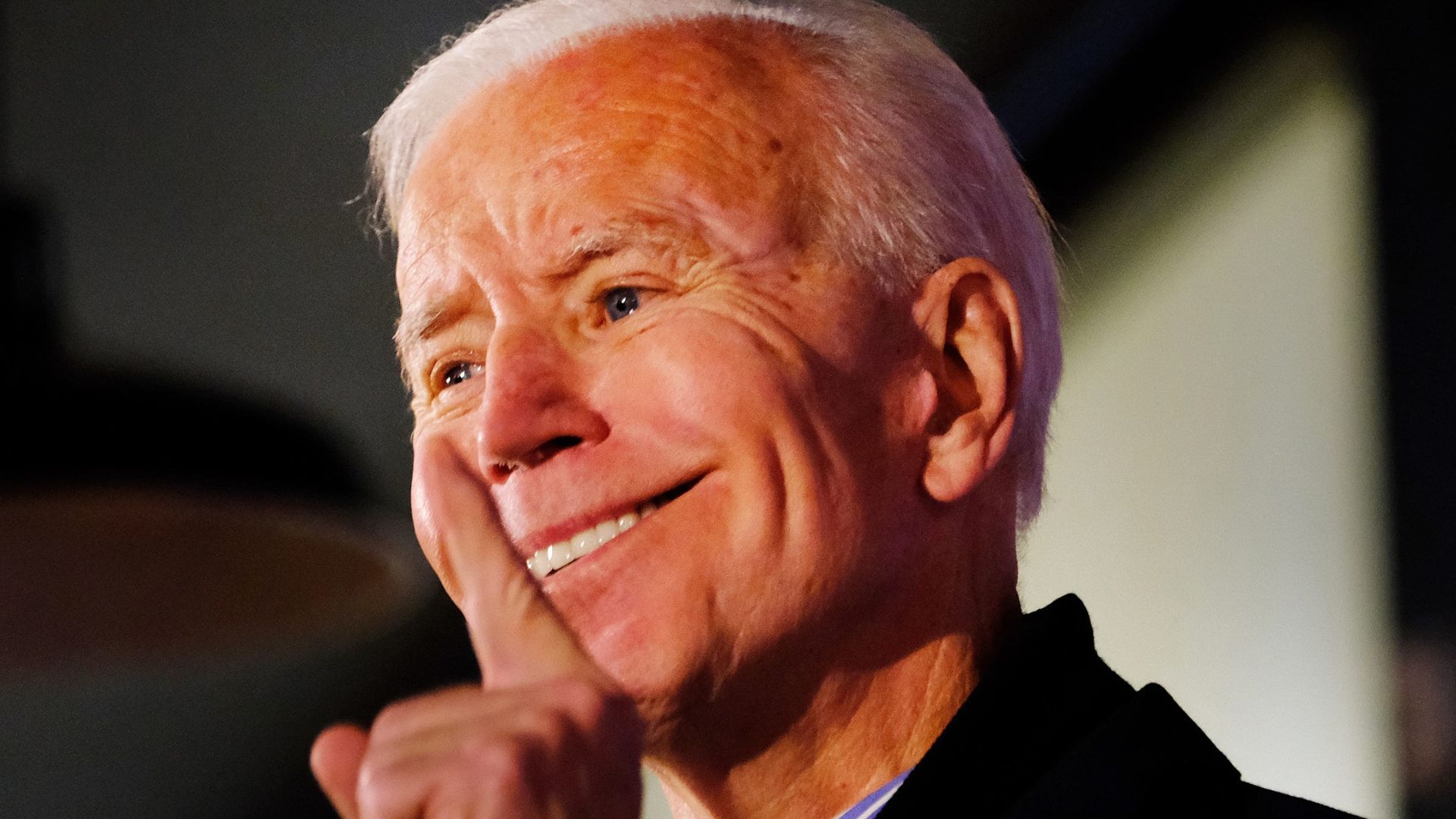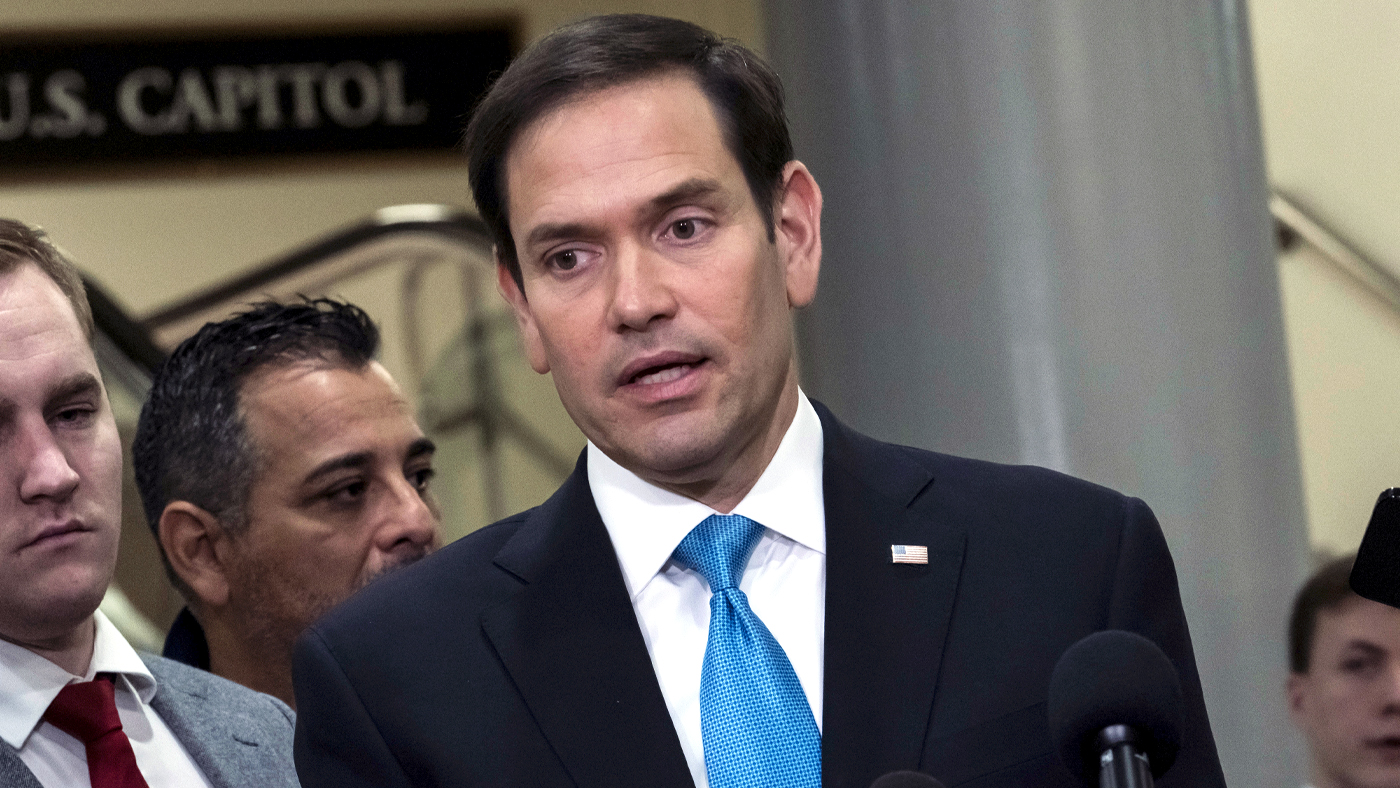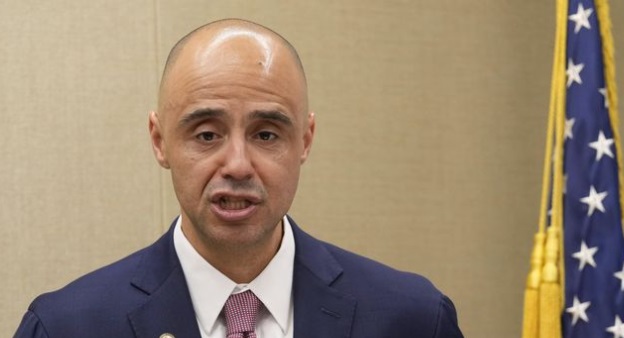Two former Politico journalists, Marc Caputo and Tara Palmeri, have shared insights on their past employer’s alleged attempts to shield Joe Biden and his son Hunter from negative news coverage. Their conversation on Palmeri’s podcast, *Somebody’s Gotta Win*, highlights the extent to which Politico reportedly spiked stories about the Bidens, further shaking public confidence in mainstream media.
Caputo and Palmeri discussed how top editors, influenced by higher-ups, blocked critical reporting on the controversial Hunter Biden laptop story and his suspicious business dealings with Burisma, a Ukrainian energy firm.
This suppression took place ahead of the 2020 presidential election, coinciding with social media giants like Facebook and Twitter restricting reports on the laptop, which also affected outlets such as The New York Post.
Caputo recounted his experience at Politico, where his attempts to address the Hunter Biden laptop issue were met with resistance. His editors instructed him not to write, tweet, or even talk about it. Caputo recalled that the only piece Politico published labeled the laptop story as disinformation, which he described as “misinformation” at best.
Palmeri echoed these sentiments, sharing her own struggles in publishing a report on Hunter Biden’s illegal gun purchase. Despite dedicating three months to the story and collecting ample evidence, Palmeri suggested that her editors stalled the article to protect Biden during the administration’s so-called “honeymoon period.”
Caputo further disclosed that back in 2019, he had penned an investigative article concerning Hunter Biden’s tax lien linked to his Burisma employment. However, his editors quashed the story without providing any rationale, leaving him in the dark about their decision.
The two journalists agreed that these editorial choices have significantly damaged the credibility of mainstream media organizations. They attribute much of this to “cowardly editors” and politically driven decisions aimed at shielding Democrats and dismissing adverse stories as “misinformation.”
Caputo and Palmeri’s revelations contribute to the growing belief that many major media outlets operate more as partisan propaganda machines than as unbiased watchdogs. Palmeri was candid in her assessment, stating that mainstream media’s shortcomings are not solely due to bias but also result from poor decision-making at the top levels.
As the Biden administration continues to face scrutiny, these accounts serve as a poignant reminder of how media outlets have sometimes put politics ahead of truth. The public is left questioning how many other stories were buried to protect the Bidens and whether they will eventually come to light.
The broader implications of these revelations are significant, as they highlight the potential consequences of media bias and its impact on public perception. With trust in media at an all-time low, such disclosures only add fuel to the fire of skepticism surrounding the intentions of traditional news outlets.
The actions of Politico, as described by Caputo and Palmeri, seem to reflect a broader trend within the media industry, where editorial decisions may often be influenced by political considerations rather than journalistic integrity. This raises important questions about the role of the press in a democratic society and its responsibility to the public.
In light of these revelations, it becomes increasingly crucial for media consumers to question the narratives presented by mainstream outlets and seek diverse perspectives to form a well-rounded understanding of current events. The emphasis on transparency and accountability within media organizations is more vital than ever.
As the conversation around media bias and political influence continues, it is essential for news outlets to prioritize their duty to inform the public impartially, rather than serving as extensions of political agendas. Only by doing so can they begin to rebuild trust with their audiences.
The significance of Caputo and Palmeri’s account extends beyond the immediate impact on the Biden administration; it calls into question the ethical standards upheld by media organizations and the need for reforms to ensure fair and balanced reporting.
The public, in turn, must remain vigilant and discerning, recognizing the importance of critical thinking and media literacy in navigating an increasingly complex information landscape. Only through such efforts can the integrity of journalism be preserved and strengthened for future generations.



